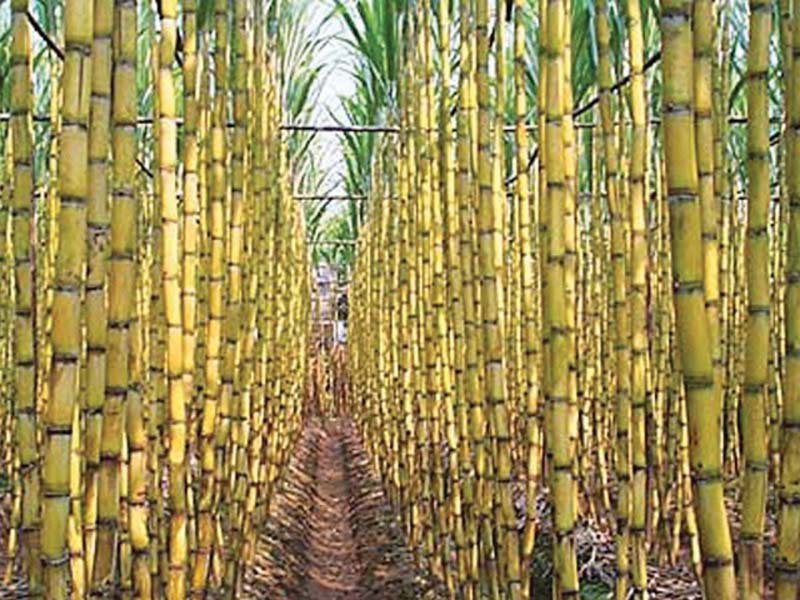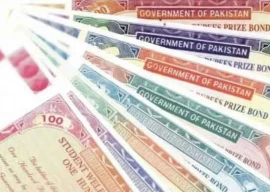
The government, through the Economic Coordination Committee, has announced a subsidy of Rs6.5 billion for export of 500,000 tons of sugar to cover the price differential between local and international markets.
This step was announced after the Pakistan Sugar Mills Association (PSMA) published ads asking the government to rescue them from imminent bankruptcy.
Provinces to bear 50% burden of sugar export subsidy
The sugar industry is closely monitored by the state. Geographically, the industry is divided into zones, which means that the crop from one zone’s farmer cannot be sold to a sugar mill of another zone. Under the law, support price for sugarcane is fixed by the respective provincial governments and it is also mandatory that mills buy all the sugarcane produced in their own zone.
It is argued that since 80% of the sugar cost is determined by the price of sugarcane, high support prices of sugarcane result in high input cost for sugar production making it expensive.
Moreover, the support price is based on the weight of sugarcane instead of sucrose recovery, which encourages inefficiency in sugarcane cultivation. Farmers make less effort in improving their crop quality to increase the sucrose content.

The high cost of production can particularly be a problem when sugar is produced in surplus and cannot be exported because of restrictions by the government and international prices being much lower than the domestic price. The current price of sugar in Pakistan is Rs50 per kg while it is Rs45 per kg internationally.
On the other hand, farmers complain that sugar mills do not immediately purchase their yield. Because of this, the harvested sugarcane dries up making it lighter and therefore cheaper. Moreover, farmers do not get payments from the mills upfront and even when they do, many times the payment is not done in full.
Hence, both the farmers and mill owners are at a disadvantage because of the inefficient and ad hoc policies currently being imposed in the sector.
Power generation: Nine companies, sugar mills get letters of intent
Debate over cane, sugar prices
It has been argued that support prices for sugarcane are necessary since this is an essential item. However, since only a third of the sugar produced is consumed by households while the rest is used commercially, mill owners argue that common people are not significantly affected by a slight change in price.
Moreover, if the price of sugar is determined by sucrose content instead of the cane’s weight, its price will be fair and may actually come down, considering that the current cane being produced is of substandard quality. It will also incentivise the farmers to improve their crop value.
It is claimed by the government that the package of Rs6.5 billion will also cover the loss exporters may incur due to the price differential, however, the mill owners believe otherwise.
According to the notice, only those mills will be allowed this provision which have cleared their outstanding dues of farmers up to the last season.
The results of this decision in terms of actual benefit to the mill owners and fair use of taxpayer money need to be analysed.
To address the issue, practices and policies of the sugar value chain need to be reviewed and analysed. For instance, the prevalent Sugar Factories Control Act 1950 is outdated and needs desperate amendments to address the changing global climate and market scenario.
Outstanding payments: Defaulting sugar mills face auction
This Act dictates the sugarcane cultivation and sugar crushing time and it also ascertains that provincial governments can set the sugarcane support price arbitrarily – which is certainly debatable.
Solutions to problems
On the other hand, the National Sugar Policy 2009-10 provides a holistic view of the industry and proposes practical solutions to the problems associated with the market and sugar production. The main aim of this policy is to ensure supply of sugar at a competitive price to consumers simultaneously providing a fair deal to the producers and growers.
It also stresses that the import of raw sugar should be in the hands of the market instead of the Sugar Advisory Board. However unfortunately, this policy was never implemented.
As witnessed in the past years, too much intervention by the government in the sugar value chain is a major impediment to growth of the industry. If sugarcane and sugar are both bought and sold in open market, growers will be incentivised to produce better crops and mill owners will not be reluctant to pay a better price.
Since cane recovery will improve, sugar production cost may actually go down, making it more feasible for export and local consumption. Hence, the government should exit the entire value chain to ensure welfare of growers, consumers and producers of sugar.
Ali Salman is the executive director and Ayesha Bilal is the head of private enterprise division at PRIME Institute, an independent public policy think tank based in Islamabad
Published in The Express Tribune, December 28th, 2015.
Like Business on Facebook, follow @TribuneBiz on Twitter to stay informed and join in the conversation.

1730360426-0/Menendez-Brothers-(2)1730360426-0-165x106.webp)
1732534556-0/taylor-(14)1732534556-0-165x106.webp)
1725872216-0/Tribune-Pic-(3)1725872216-0-165x106.webp)
1732532771-0/BeFunky-collage-(89)1732532771-0-165x106.webp)



1732486769-0/image-(8)1732486769-0-270x192.webp)








COMMENTS
Comments are moderated and generally will be posted if they are on-topic and not abusive.
For more information, please see our Comments FAQ